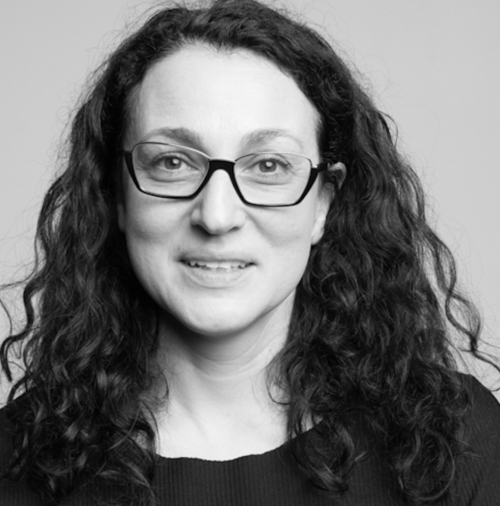Guest post by Dr. Julia Stoyanovich, New York University
This Success Story is a report on the results of the Northeast Big Data Innovation Hub’s 2021 Seed Fund program.
As artificial intelligence (AI) takes on a significant role in mediating our social lives, a democratic discourse around how this technology should be built, used, and regulated becomes increasingly important. To align the use of AI with broader social goals of equity, this discourse must include the voices of a diversity of stakeholders. This, in turn, requires that all stakeholders be appropriately informed about the basics of AI, to productively engage in critical conversations about the benefits and risks of this technology. In other words, AI education is needed! However, AI education itself is often inequitable, especially when it comes to accessibility and participation from people with disabilities. There is an urgent need to take AI education out of the classroom and into the public sphere, and to develop a culture and practice of accessibility. The mission of the All Aboard! project is to address this need.
The overarching goal of All Aboard! is to improve the accessibility of AI education. Towards this goal, the project team convened three roundtable discussions in Spring 2022, bringing together data scientists, disability scholars and activists, and social scientists. The group used material from the NYU Center for Responsible AI’s public “We are AI” course as a concrete use case. Specifically, discussions focused on improving the accessibility of the videos and comics within the course. The All Aboard! primer is the outcome of those discussions and provides concrete recommendations. In the primer, readers will find:
➢ Best practices and guidelines for making text-based and visual educational content accessible.
➢ A case study that illustrates how comics can be used to accessibly communicate AI concepts to the general public.
➢ Pointers to free resources you can use to improve the accessibility of educational content you are developing.
The All Aboard! project was the first of its kind, bringing together a diverse group of students, scholars and disability activists. In addition to convening this group and supporting participants in forging important connections among each other, the project succeeded in concretely improving existing public AI education in the form of the “We Are AI” course, and in producing ten key considerations for AI practitioners and educators to make their own pedagogies more accessible.
Lead PI: Julia Stoyanovich (New York Univeristy)

Julia Stoyanovich is an Associate Professor in the Department of Computer Science and Engineering at the Tandon School of Engineering, and the Center for Data Science. She is a recipient of an NSF CAREER award and of an NSF/CRA CI Fellowship. Julia’s research focuses on responsible data management and analysis practices: on operationalizing fairness, diversity, transparency, and data protection in all stages of the data acquisition and processing lifecycle. She established the Data, Responsibly consortium, and serves on the New York City Automated Decision Systems Task Force (by appointment by Mayor de Blasio). In addition to data ethics, Julia works on management and analysis of preference data, and on querying large evolving graphs. She holds M.S. and Ph.D. degrees in Computer Science from Columbia University, and a B.S. in Computer Science and in Mathematics and Statistics from the University of Massachusetts at Amherst.
All Aboard! roundtable participants were: Falaah Arif Khan, Lucius Bynum, Heather Dowdy, Jenna Eubank, Chancey Fleet, Caitlin Gebhard, Amy Hurst, Dhruv “DJ” Jain, Kayla Krieger, Aqueasha Martin-Hammond, Ariana Riccio, Lucas Rosenblatt, Meghana Shanbhogue, Mona Sloane, Julia Stoyanovich, Arjun Subramonian.
